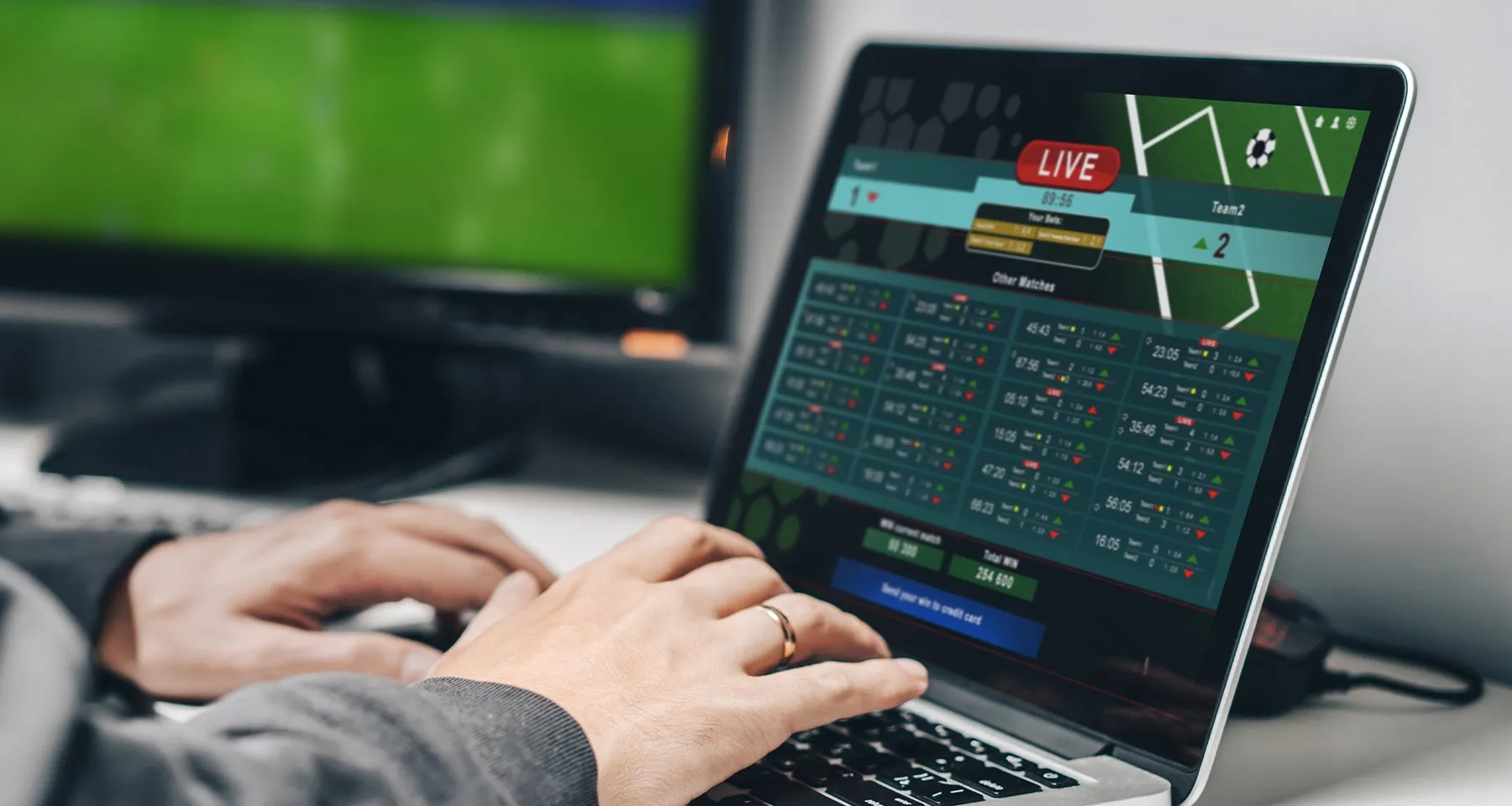Is it possible to make your own sports predictions and earn a stable income without losses and disappointments? Many people start out with the hope that sports betting is a quick route to success, but the reality proves to be much more complicated. The stories of successful players prove that it is possible to achieve results: Professionals independently develop a methodology based on statistics and analysing unpredictable factors.
Can you learn how to make sports predictions yourself?
When it comes to sports predictions, the choice of sport is one of the key factors for success. You shouldn’t take everything at once – by focusing on one format, you can understand the nuances and get to grips with the details that can change the outcome. Football, for example, is a complex and multi-layered sport where both the condition of the players and unpredictable factors such as the weather or the emotional state of the team influence the result. Tennis or basketball, on the other hand, are easier to analyse due to the smaller number of participants and clearer statistical patterns. The solution: Choose a sport that really interests you and immerse yourself in it as deeply as possible. The choice should be made consciously to minimise complexity and increase the chances of success.

Effective strategies for making your own sports predictions
 Every sporting event can be broken down into strategies – rules that allow you to make informed decisions. For example, a flat strategy is to bet a fixed percentage of the pot on each bet, regardless of the odds. The tactic is well suited for beginners, allowing them to avoid serious losses and learn discipline in betting.
Every sporting event can be broken down into strategies – rules that allow you to make informed decisions. For example, a flat strategy is to bet a fixed percentage of the pot on each bet, regardless of the odds. The tactic is well suited for beginners, allowing them to avoid serious losses and learn discipline in betting.
Popular techniques:
- The catch-up strategy involves increasing the bet when losing to compensate for losses and get into the plus side. The method requires a solid capital and strict risk management, as one long loss can lead to large expenses. The tactic is suitable only for those who are ready for high risk and have an impressive bankroll.
- Betting on favourites and outsiders is another popular strategy. Betting on the favourite reduces the risk, but brings relatively less profit. At the same time, betting on the underdog can bring much more profit, especially if the team is underestimated by bookmakers. For example, in a match between Bayern and Werder, betting on the underdog can be profitable if you take into account the motivation, current form and composition of the team. The system requires in-depth analysis to identify underrated teams.
- The strategy of betting on totals involves predicting the total number of goals or points that will be scored in the match. The technique is convenient when it is difficult to predict the winner, but there is confidence in the number of goals scored. For example, games between attacking teams often result in a high number of goals, and betting on the ‘more’ can be reasonable.
- The exact score betting strategy is high-risk, but it is also highly profitable. It is suitable for those who analyse past meetings well and are able to predict how matches between specific opponents unfold. The system requires a thorough analysis of both statistics and the current form of the teams, as well as their style of play.
Predicting sports on your own requires a well-thought-out strategy that provides confidence in betting. Strategies such as flat, catch-up, betting on favourites or outsiders help to control risks and manage profitability more effectively.
How to analyse sporting events yourself to create accurate sports predictions
Injuries, the current state of players, motivation – all this determines the outcome of the meeting. For example, when analysing the upcoming match of a football team, it is important to take into account not only the statistics of wins and losses, but also recent changes in the squad, such as injuries to key players or the return of leaders.
The motivation of the team also plays a key role. For example, if one is struggling for survival in the league and the other is in a middle position with no ambitions, the motivation of the former will be much higher. The weather is also equally important: rain can make a big difference in football, especially for teams used to dry conditions.
Predictions require a comprehensive analysis of all factors that can affect the outcome of the event. In order to analyse sporting events effectively, it is useful to use a variety of analytical approaches to help you make an informed decision.
Typical mistakes of beginners in making sports predictions
The main mistakes are: emotional betting, insufficient analysis and blindly following ‘expert’ advice. Many beginners make emotional decisions, succumbing to attachment to their favourite team, which leads to unfortunate consequences. Successful forecasting requires cold calculation and objective data analysis. One of the most common mistakes is overestimating the possibilities of your favourites, a delusion that leads to a wrong assessment of probabilities and major financial losses. It is important to keep your distance and look at each match objectively, regardless of personal preferences.
Another mistake is ignoring the importance of analysis. Using statistics, following specific strategies and avoiding hasty decisions will help avoid unnecessary risks. Following other people’s advice, especially without your own understanding of the situation, also leads to failure. It is important to learn to see patterns in sports predictions and rely on your own knowledge, not on the opinion of others.
Analytics requires sober analysis, informed decisions and independent judgement. Making predictions correctly means using facts, analysing statistics and accumulating your own experience, avoiding the influence of emotions and mindless following of advice.
Conclusion
 Sports predictions are not a matter of luck, but the result of careful analysis, discipline and the application of proven strategies. The key to success lies in understanding statistics, avoiding emotional decisions and constantly working on your skills.
Sports predictions are not a matter of luck, but the result of careful analysis, discipline and the application of proven strategies. The key to success lies in understanding statistics, avoiding emotional decisions and constantly working on your skills.

Giving sports tips yourself takes time and patience, but with the right approach it becomes an interesting and exciting process. Try your hand at it, learn to analyse, and gradually you will be able to master all the subtleties.
 en
en  de
de  ar
ar  es
es  nl
nl  hi
hi  fr
fr  it
it  pt
pt  el
el 









